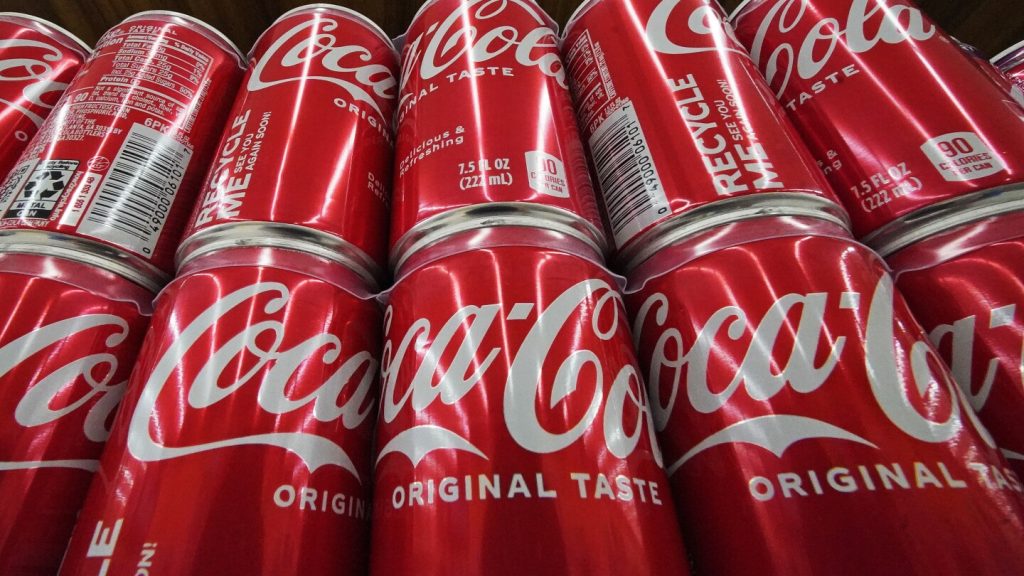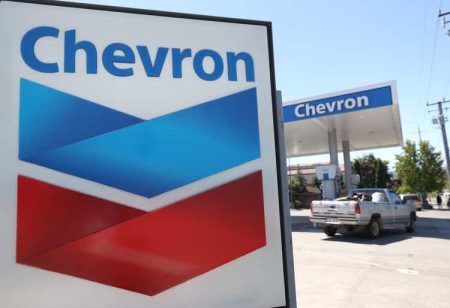Navigating Tariff Challenges: Coca-Cola’s Strategic Resilience
Coca-Cola, one of the world’s most recognizable brands, has once again demonstrated its ability to navigate complex business landscapes. On Tuesday, the company assured investors that it can effectively manage the recent 25% tariff on aluminum imports imposed by the Trump administration. This significant increase from the original 10% tariff introduced uncertainty into what was otherwise a promising fourth-quarter earnings report. However, James Quincey, Coca-Cola’s Chairman and CEO, expressed confidence in the company’s ability to mitigate the impact. "It’s not insignificant, but it’s not going to radically change a multibillion-dollar U.S. business," Quincey said. "It’s a cost. It’ll have to be managed. It would be better not to have it relative to the U.S. business, but we are going to manage our way through."
Strong Fourth-Quarter Performance
Despite the tariff concerns, Coca-Cola reported a solid fourth-quarter earnings report, which exceeded Wall Street’s expectations. The company’s unit case volumes increased by 2% in the October-December period, a significant improvement from the 1% decline in the third quarter. Analysts had predicted a modest increase of less than 1%. Revenue surged by 6% to an impressive $11.5 billion, surpassing the anticipated $10.68 billion. The company attributes this success to several factors, including limited-time offerings like Sprite Winter Spiced Cranberry, Fanta Beetlejuice, and Oreo-flavored Coke, which helped drive sales. Coca-Cola Orange Cream, a new flavor, is also making its debut in the U.S. and Canada this week, signaling the company’s commitment to ongoing innovation.
Global Market Performance
Coca-Cola’s positive momentum extends beyond the U.S. market. The company saw improving sales in regions where it has historically faced challenges, such as China and the Middle East. This global expansion is a testament to the brand’s adaptability and strategic focus. McDonald’s, another global giant, also noted an uptick in sales in the Middle East during the fourth quarter, highlighting the broader trend of economic recovery in the region. Coca-Cola Zero Sugar, a key product for the company, experienced robust growth globally, with case volumes increasing by 13%. Additionally, volumes for water, coffee, tea, and sports drinks all saw a 2% increase, while juice, dairy, and plant-based drinks saw a slight 1% decline.
Pricing and Consumer Behavior
Coca-Cola hiked prices by 9% in the fourth quarter, driven by factors such as intense inflation in markets like Argentina. The price increase also reflected the higher mix of premium beverages, including Fairlife milk and Topo Chico sparkling water. Despite these increases, global demand remained robust, according to Quincey. He noted that while some lower-income consumers in the U.S. and Western Europe may have cut back on spending last year and could continue to do so, the overall consumer environment is stable. "I think the overall consumer environment is pretty stable in the sense that there’s good economic growth on a broad-based view around the world," Quincey stated. To make its products more affordable, Coca-Cola has introduced smaller pack sizes and refillable bottles, further enhancing its accessibility and appeal.
Financial Highlights and Future Outlook
Coca-Cola’s net income rose by 11% to $2.2 billion for the October-December period. On an adjusted basis, the company earned 55 cents per share, outperforming the analysts’ forecast of 52 cents. These financial results underscore the company’s strong performance and effective management. For 2025, Coca-Cola has set an ambitious goal of achieving 5% to 6% organic revenue growth. The company’s organic revenue grew by 12% last year, indicating a promising trajectory. Coca-Cola’s shares responded positively to the earnings report, rising nearly 4% in early trading on Tuesday. The company’s ability to navigate challenges and maintain growth is a testament to its strategic foresight and operational excellence.
Conclusion
Coca-Cola’s fourth-quarter earnings report, coupled with its strategic initiatives to manage the impact of tariffs and adapt to global market dynamics, paints a picture of a resilient and forward-thinking company. Despite the economic uncertainties, Coca-Cola continues to innovate, expand globally, and meet the evolving needs of its consumers. The company’s strong financial performance and optimistic outlook for the future reflect its unwavering commitment to excellence and its ability to thrive in a constantly changing business environment. As Coca-Cola moves forward, it remains a beacon of stability and growth in the global beverage industry.








